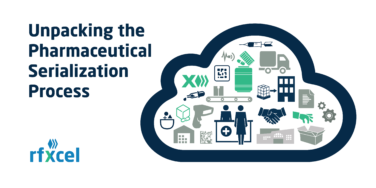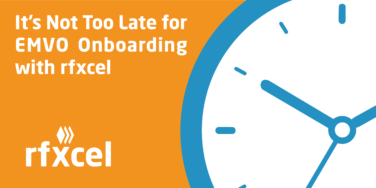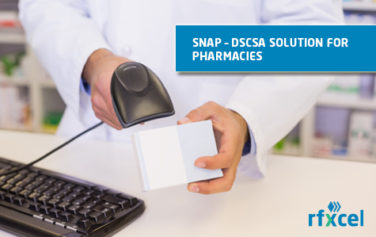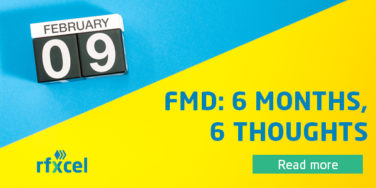Not all serialization solutions are created equal. And they’re definitely not a one-size-fits-all proposition. So, if you’re looking for a serialization solution, you’re going to have to take a long, hard look at how your business works, what you’re goals are, and make a lot of decisions about what’s going to work best for you.
Let’s do a quick overview of some of the things to consider while you’re shopping around for a serialization solution for your business.
Data integrity and your serialization solution
Today, it’s all about data. Not surprisingly, then, data integrity must be front and center in your decision-making process.
Most solutions offer compliance and data validation, but few provide continued data validation and verification after implementation. Errors are bound to happen in every supply chain, so we cannot overstate the importance of continued data verification. Product master data has to be accurate and aligned for an efficient, safe, and optimized supply chain. Furthermore, your solution must be able accommodate product changes that might create data inconsistencies among trading partners.
So, make sure your serialization solution provider will work closely with you and catch errors before they get into your system or network. And confirm that they’ll work with all of your trading partners to create a system that meets all data and product standards. Demand a solution that gives you total control, flexibility, trading partner connectivity, and scalability.
Cloudy with a chance of … disruption and inconvenience?
Today, most serialization and traceability software is based in the cloud. But tread carefully: Not all cloud solutions are created equal, either.
Solution providers that offer a multi-tenant architecture often over-simplify what they’re giving you. For example, they’ll say you’ll get automatic software upgrades with little or no effort on your part. However, such uncoordinated updates force you into system upgrades with little or no coordination or consideration for your own system configurations. This can be incredibly disruptive and require revalidation and new system configurations.
Conversely, a single-tenant solution puts control firmly in your hands. You control when to implement updates, meaning you’ll upgrade when it’s convenient for you — not your solution provider — and you’ll ensure your configurations remain intact.
Your solution should grow with you
You want to grow your brand and business, improve your operations, and serve your customers better.
An effective serialization solution will be flexible enough to fit all of your needs while being scalable enough to cover all of your manufacturing and distribution needs. The solution should consider what your systems require now and what they will require in the future as your company grows.
Your solution should also be connected to hundreds of other trading partners, allowing instant communication between network members and transmission of serialization and other crucial, often strictly regulated, data. For example, if you’re a pharmaceutical company operating in the United States, you’ll have to share “T3” information to comply with the Drug Supply Chain Security Act.
Final thoughts
There’s a lot to think about when you’re shopping for a serialization solution. We’ve touched on a few of the key considerations — data integrity, a single-tenant architecture, scalability — but you’ll need to put in the time and effort to reach a conclusion about what’s best for you.
Consider this, though: We will work tirelessly to formulate the solution that best suits your needs. We start with a single-tenant architecture that ensures your solutions are flexible and scalable, giving you complete control over your systems. We provide expert data monitoring to confirm that all of your products are properly serialized and traceable. Our solution uses more than 100 data checks to verify your data and flag errors, giving you the time to fix issues before products ship.
And, importantly, we give you the power to leverage your supply chain for true business value, including brand protection and consumer engagement, no matter what industry you’re in.
Contact us today to learn more about our serialization and traceability solutions. Also take a look around our blog to read about what we do and how we make your supply chain your most valuable business asset.






